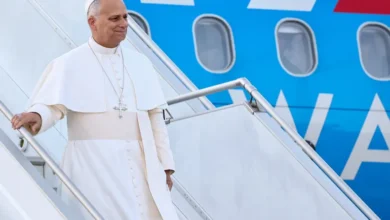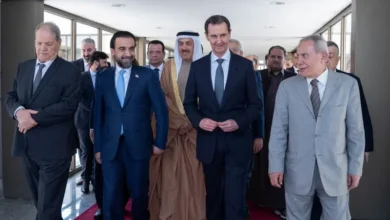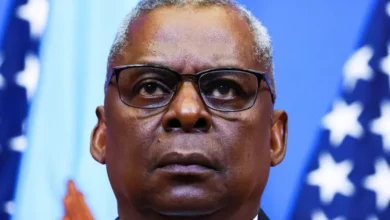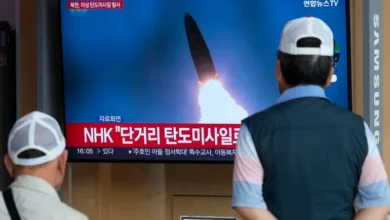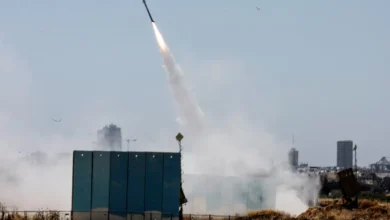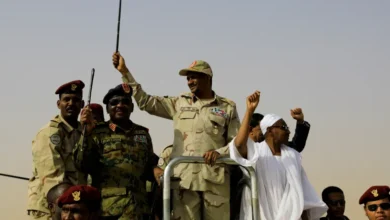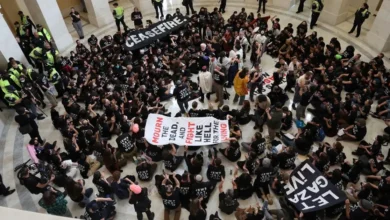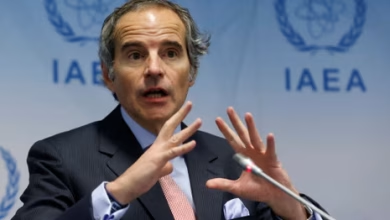Words won’t save Gaza – The West must stop enabling Israel’s war
Humza Yousaf
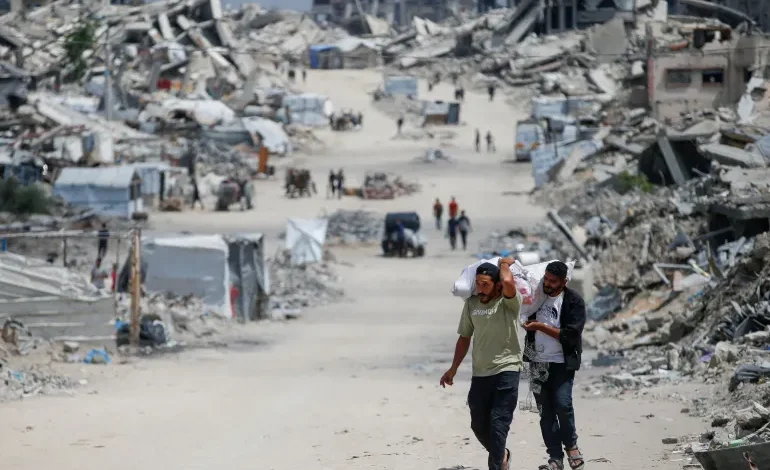
Humza Yousaf
The recent statements from the UK government regarding Israel’s horrific crimes in Gaza are a welcome realisation that Israel, their trusted ally, is engaged in heinous brutality against the people of Gaza.
Foreign Secretary David Lammy stood in the House of Commons yesterday (May 20th) and denounced Israel’s blockade of Gaza as “morally wrong” and “an affront to the values of the British people”, and in doing so, also paused the free-trade agreement negotiations with Israel and imposed a handful of select, and relatively minor sanctions in protest. A day earlier, Prime Minister Keir Starmer, President Emmanuel Macron, and Prime Minister Mark Carney jointly warned of “concrete actions” if Israel did not halt its renewed military offensive and allow aid to flow into Gaza.
These statements mark the most explicit criticism of Israel by Western allies in recent memory, yet they came only after more than a year and a half of relentless civilian casualties – more than 50,000 Gazans killed since 2023, including tens of thousands of women and children. How many innocent lives, including those of children, could have been spared if such criticism of atrocities committed by Israel was made more than a year ago, by Western allies.The question now is whether this belated moral clarity will be backed by the meaningful measures required to effect change, with meaningful being the operative word.
Why have staunch allies of Israel, so long willing to overlook Israel’s egregious conduct, suddenly decided to speak up and speak out? I suspect the shift has less to do with a newfound sensitivity to human suffering and more to do with geopolitics, and the dawning realisation that accountability can bring.
It has been reported over the last few weeks that President Trump has grown weary and tired of Netanyahu, viewing the Israeli leader’s strategy as a liability to his own deal-making legacy. Indeed, Trump notably omitted Israel from his recent Gulf tour despite intense lobbying from Netanyahu’s government, signalling a widening rift between Washington and Tel Aviv. That schism has given the United Kingdom, Canada, and France the diplomatic cover they needed to voice their deep-rooted anxiety about Israel’s conduct, without fear of outright US opposition, or even worse, a White House rebuke.
Add to this, extremely powerful interventions from seasoned diplomats, respected experts and humanitarian workers. At the UN Security Council briefing on May 13, UN Emergency Relief Coordinator Tom Fletcher warned the body to “stop the 21st-century atrocity” unfolding in Gaza, emphasising that no aid had entered the Strip for more than 10 weeks and that 2.1 million people faced imminent famine. He rightly challenged Israel’s supporters, and the international community at large, with a simple question “Will you act – decisively – to prevent genocide and to ensure respect for international humanitarian law? Or will you say instead, ‘we did all we could?’”Following this, Fletcher delivered a harrowing plea: unless vital aid reached families in Gaza within 48 hours, some 14,000 babies could die. Fourteen thousand babies. If that does not prick your moral conscience, then surely nothing will. Such stark testimony from a diplomat and humanitarian with decades of experience in conflict zones simply underscores what many others have told us, Gaza is hell on earth, and the conditions on the ground are beyond inhumane.
As images and livestreams of civilians suffering multiply, countries that have supported, armed, and funded Israel are also having to confront their own complicity. Moral outrage alone is insufficient. If Western governments truly believe Israel’s actions are “monstrous”, “intolerable” and “unacceptable”, as the UK government has said in the last 48 hours, then they must take concrete steps rather than issue a handful of token sanctions or pause talks on negotiations that haven’t taken place in months.
